Meanwhile, HSBC Bank in Vietnam also made many positive comments, affirming that Vietnam has outstanding potential, especially when promoting digital transformation and developing renewable energy, towards sustainable growth.
Opportunities from trade connectivity The World Bank's semi-annual economic outlook for East Asia and the
Pacific (EAP) stated that developing economies in the East Asia and Pacific (EAP) region will continue to grow faster than the rest of the world in 2024, but still slower than the pre-pandemic period. Speaking at a press conference to announce the report, Mr. Aaditya Mattoo, Chief Economist of the World Bank for East Asia and the Pacific, pointed out three factors that could impact regional growth in the coming time, namely the shift in trade and investment, China's slowing growth trend and increasing uncertainty in global policy. The first factor is trade tensions. This is creating opportunities for countries like Vietnam to expand their role in the global value chain by “connecting” major trading partners. Vietnamese enterprises’ exports to the US grew nearly 25% faster than other destinations in the period 2018-2021. Second, countries in the region have benefited from China’s strong growth momentum over the past three decades, but this momentum is gradually weakening. China’s import demand is growing more slowly than the growth rate of Gross Domestic Product (GDP). Imports increased by only 2.8% in the first seven months of this year compared to nearly 6% per year in the previous decade. Third, global instability can negatively impact EAP economies, including Vietnam. In addition to geopolitical instability, Mr. Aaditya Mattoo said that economic policy uncertainty can also reduce industrial production and negatively impact the stock market.
New growth drivers Meanwhile, in the context of the world
economy still facing many difficulties, HSBC still forecasts that Vietnam's economy will grow by 7% in 2024, becoming the fastest growing economy in ASEAN and creating new GDP equivalent to the Netherlands. HSBC Vietnam CEO Tim Evans said that Vietnam has achieved many impressive economic achievements in recent decades, rising to become one of the 40 largest economies in the world in terms of GDP and Top 20 in terms of trade. These advances have pushed per capita income up 43 times from 100 USD at the time of reform to 4,300 USD as at present. However, the world is changing rapidly with two main trends: digital transformation and climate change. This requires adaptability to ensure sustainable development. According to Mr. Tim Evans, the remarkable development of technology, especially artificial intelligence (AI), is changing all lives and industries. The COVID-19 pandemic has accelerated digital transformation, promoting e-commerce, remote working and other online services. Vietnam has great potential for digital consumption thanks to its young population, high internet penetration and thriving e-commerce ecosystem. To fully exploit this potential, it is necessary to continue investing in education and improving access to technology. In addition, climate change is both a challenge and an opportunity for Vietnam. As one of the vulnerable countries, Vietnam also possesses great potential for renewable energy, attracting foreign investment in this field. In other words, green transformation opens up opportunities for businesses to innovate and develop sustainably. The General Director of HSBC Bank in Vietnam said that the Vietnamese Government has issued national strategies on digital transformation and green growth. Businesses are also gradually realizing the importance of transformation and starting to implement response plans. However, digital transformation and green transformation both require huge financial resources. According to HSBC bank estimates, Vietnam needs about 400 billion USD to respond to climate change, the cost of global digital transformation is expected to reach nearly 4,000 billion USD by 2027.
In its latest economic update on Vietnam, Standard Chartered Bank raised its 2024 GDP growth forecast for Vietnam to 6.8% (from 6%) thanks to better-than-expected GDP results in the third quarter. According to Standard Chartered Bank economists, Vietnam’s economic growth momentum is relatively strong, with improvements in many sectors including import-export, retail, real estate, tourism, construction and manufacturing. The recovery in trade and increased business activity, along with foreign direct investment, will be the main growth drivers in 2025 and beyond.
Source: https://baotintuc.vn/kinh-te/kinh-te-viet-nam-qua-goc-nhin-quoc-te-thay-doi-de-but-pha-20241031174057102.htm
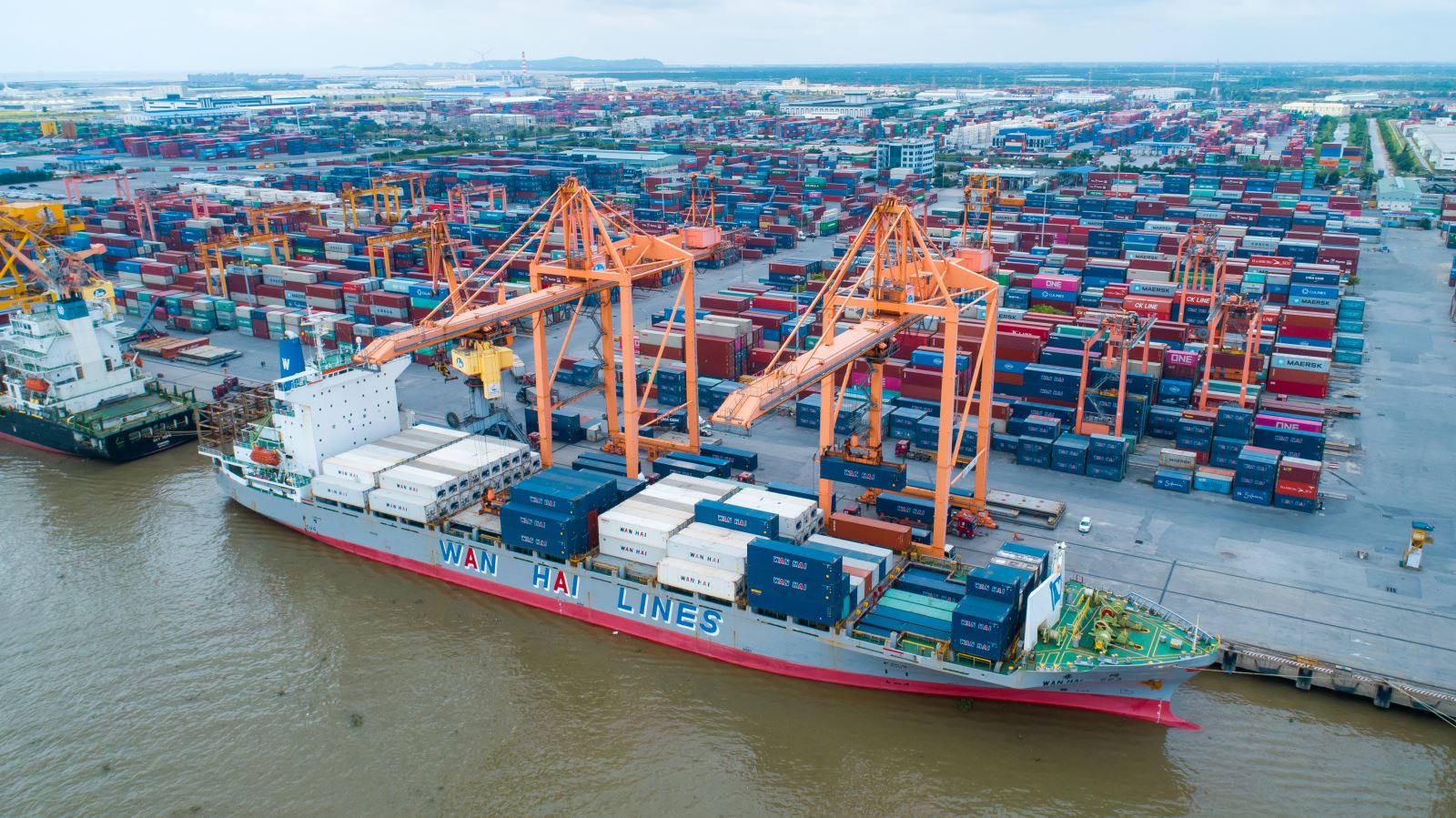




![[Photo] The "scars" of Da Nang's mountains and forests after storms and floods](https://vphoto.vietnam.vn/thumb/1200x675/vietnam/resource/IMAGE/2025/11/13/1762996564834_sl8-jpg.webp)
![[Photo] General Secretary To Lam visits Long Thanh International Airport Project](https://vphoto.vietnam.vn/thumb/1200x675/vietnam/resource/IMAGE/2025/11/13/1763008564398_vna-potal-tong-bi-thu-to-lam-tham-du-an-cang-hang-khong-quoc-te-long-thanh-8404600-1261-jpg.webp)


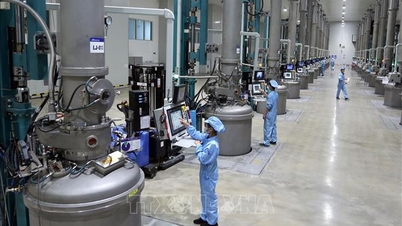




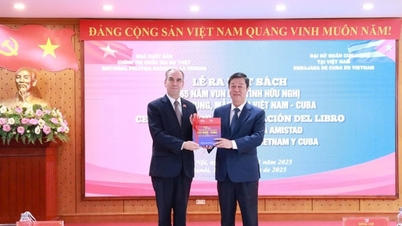

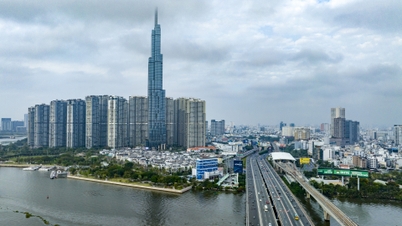















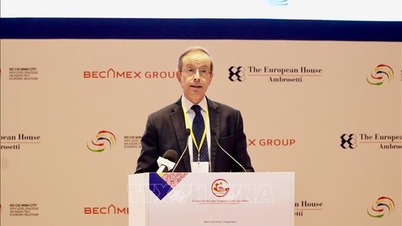










































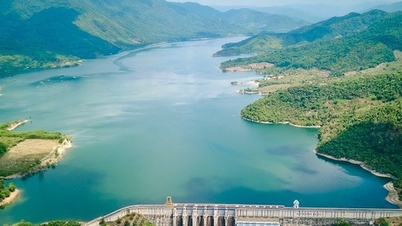



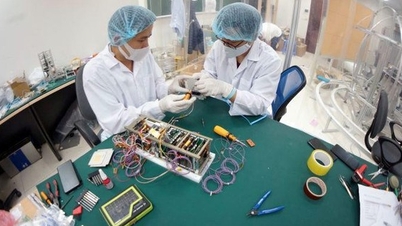



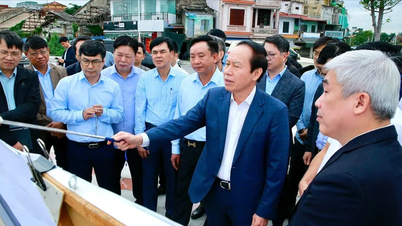
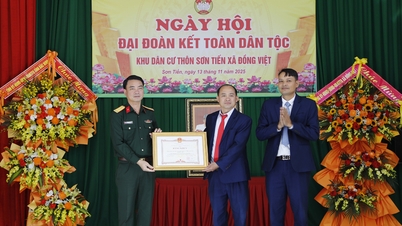










![Dong Nai OCOP transition: [Article 3] Linking tourism with OCOP product consumption](https://vphoto.vietnam.vn/thumb/402x226/vietnam/resource/IMAGE/2025/11/10/1762739199309_1324-2740-7_n-162543_981.jpeg)








Comment (0)